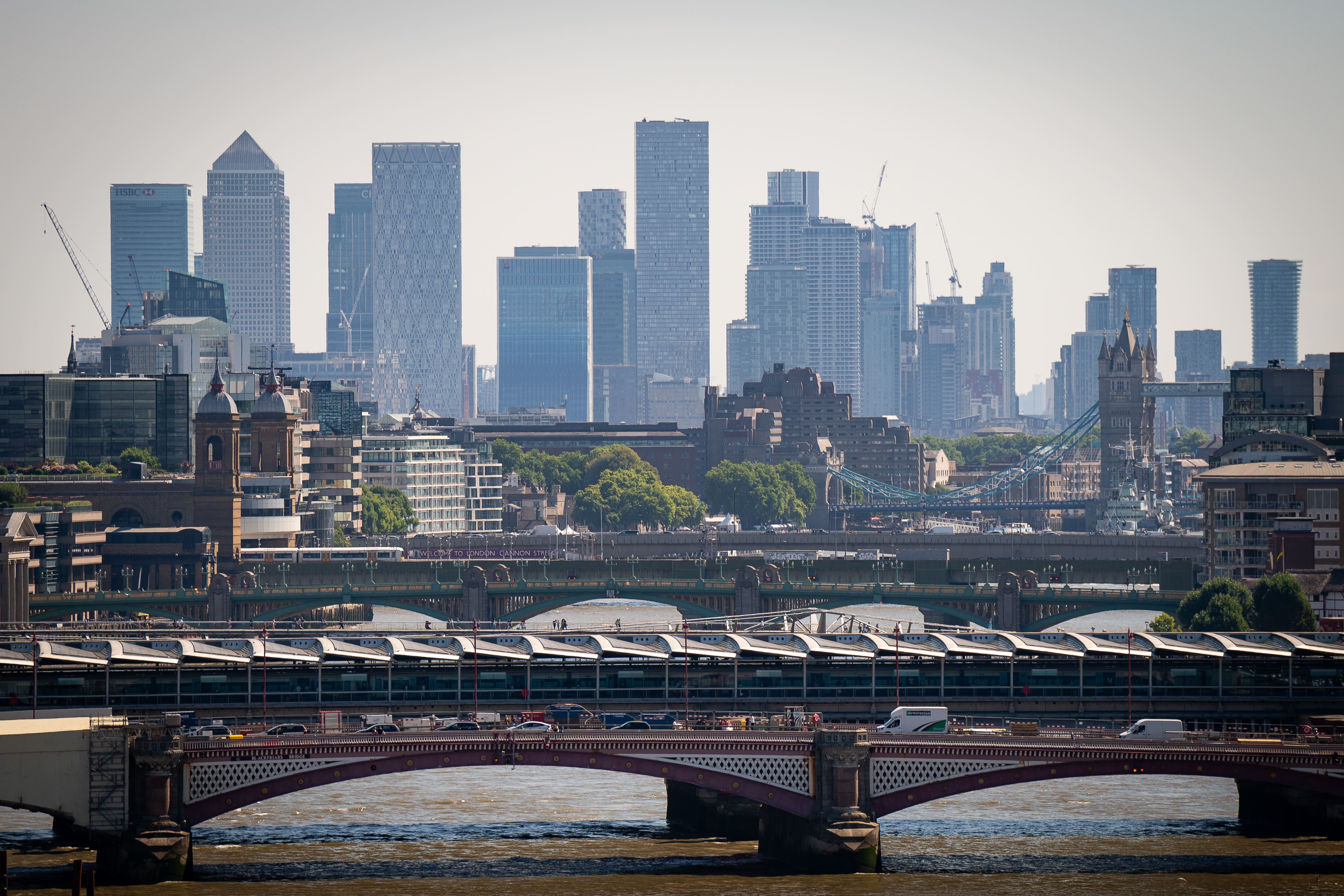Bank borrowing less attractive than since financial crisis, say major UK firms
Deloitte’s survey of chief financial officers found credit has become more expensive than at any time since the 2008 crash.

Your support helps us to tell the story
From reproductive rights to climate change to Big Tech, The Independent is on the ground when the story is developing. Whether it's investigating the financials of Elon Musk's pro-Trump PAC or producing our latest documentary, 'The A Word', which shines a light on the American women fighting for reproductive rights, we know how important it is to parse out the facts from the messaging.
At such a critical moment in US history, we need reporters on the ground. Your donation allows us to keep sending journalists to speak to both sides of the story.
The Independent is trusted by Americans across the entire political spectrum. And unlike many other quality news outlets, we choose not to lock Americans out of our reporting and analysis with paywalls. We believe quality journalism should be available to everyone, paid for by those who can afford it.
Your support makes all the difference.Finance bosses at the UK’s biggest businesses said they are less keen to borrow money from banks now than at any point since the financial crisis, a new survey has revealed.
Credit has become more expensive than any time since the 2008 crash, Deloitte’s survey of chief financial officers (CFOs) in December found, with 70% saying it was costly now.
It comes as the Bank of England voted to raise interest rates to 3.5% in October, the highest level since October 2008 and a significant hike from the 0.1% base rate in place in March 2020, before the pandemic struck.
Deloitte found just over a quarter of finance chiefs said they expect their company’s demand for credit to increase over this year, despite a majority admitting they plan to cut non-essential spending and slow hiring across the business.
The regular survey – which included 17 financial officers in the FTSE 100 and 32 at FTSE 250-listed companies last month, amounting to UK-listed firms with a combined value of £363 billion – found businesses are feeling slightly more optimistic about inflation in Britain.
Not since the credit crunch have CFOs rated debt as being less attractive as a source of finance for their businesses than they do today
Concerns of supply chain disruptions, labour shortages and the prospect of higher interest rates eased, while worries over energy prices and supply significantly reduced since the peak in October.
On average, finance chiefs believe inflation will fall sharply from its current level of 10.7%, to 5.8% in a year’s time.
Ian Stewart, chief economist at Deloitte, said: “The most aggressive tightening of monetary policy in more than 30 years is reshaping corporate attitudes to debt.
“Not since the credit crunch have CFOs rated debt as being less attractive as a source of finance for their businesses than they do today.
“In the last two years, CFOs have had to deal with the biggest inflationary shock since the late 1980s.
“But the tide seems to be turning and concerns about energy supply and prices have fallen back.”
Furthermore, a vast majority of those surveyed said they expect higher investment in workforce skills, digital technology and assets over the next three years, suggesting a cheerier sentiment over medium-term improvements within their business.